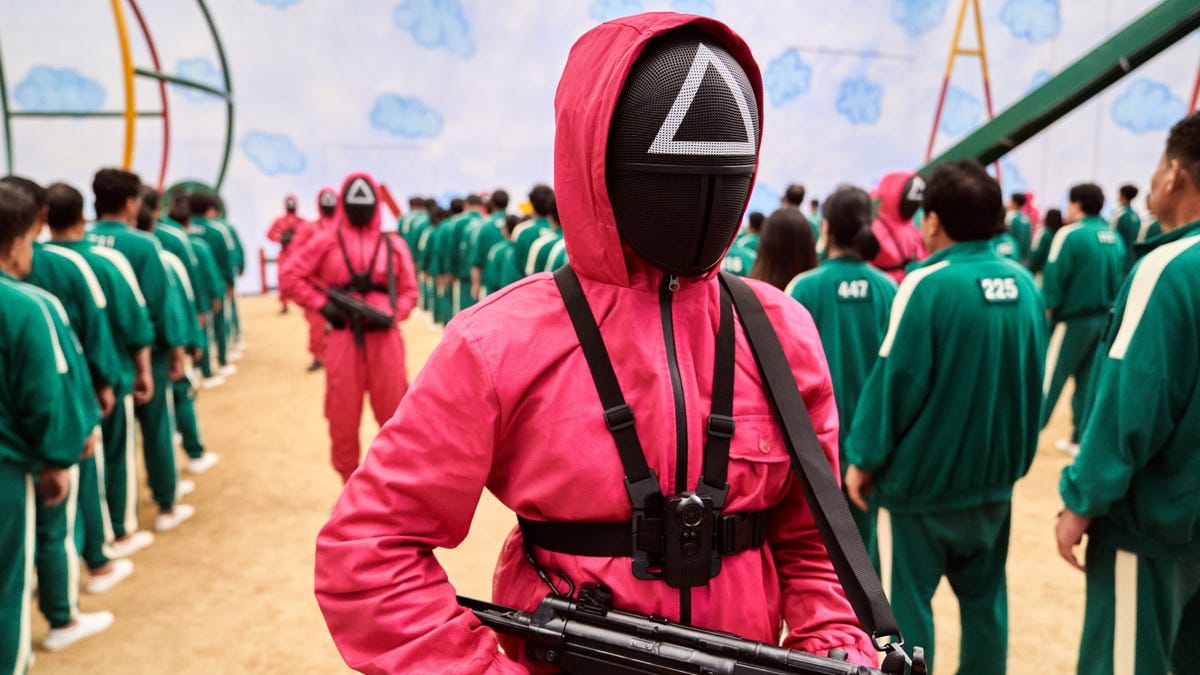
There’s a reason the phrase “lost in translation” exists, although its meaning isn’t always so obvious. As Netflix Squid Game grows in popularity, a major concern has arisen. The Korean-to-English translation may not be as accurate as you’d want. Because most Americans aren’t fluent in Korean, the K-drama includes English subtitles (or dubbing for those who like). But they’re most effective when they’re accurate. At least one viewer pointed out certain inconsistencies that were worth mentioning.
On September 30, New York-based comedian Youngmi Mayer tweeted that the context of the translation was mainly inaccurate. Thereby, causing the matter to gather steam. She added, among other things, “I watched Squid Game with English subtitles, and if you don’t understand Korean you didn’t really watch the same show. The translation was so bad. The dialogue was written so well and zero of it was preserved.”
Mayer then stated that she will go to TikTok to do a more detailed description; of how Netflix’s translators failed to capture the context of the series. She concentrates on Mi-nyeo. It is a character in Squid Game whose aggressive demeanor and irreverence toward the guards comes across as a little nutty. Thereby, considering that if you don’t win this game, you die. However, with Mayer’s added perspective, Mi-nyeo’s character makes a lot more sense.
Netflix Squid Game: If you don’t understand Korean, you didn’t really watch the same show
Certain lines of speech are slightly mistranslated, as Mayer explains, which makes a significant impact in terms of meaning. The character adds (as given via subtitle) in one footage, “I’m not a genius. But I still got it to work out. Huh”. The translation is similar, but Mayer argues the statement should be something like, “I am very smart. I just never got a chance to study,” as Mayer points out, this is a common motif in Korean media. It’s not simply a misunderstanding of Korean pop culture; it’s a complete lack of knowledge.
Netflix hasn’t commented on the mistranslations. But Mayer points out, they happen frequently enough that if you don’t speak Korean. You’ll be watching a slightly different series from start to finish. The sad part is that Netflix may have squandered an opportunity to introduce viewers to some of the most important features of Korean cinema through one of its most popular franchises. The silver lining is that if you put in the effort to learn Korean over the next year or two, you’ll have a new show to watch. You’ll also be ready for Season Two (God help us).
